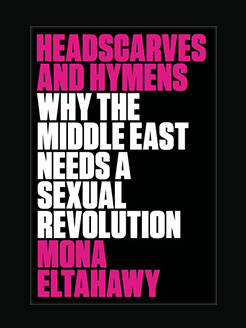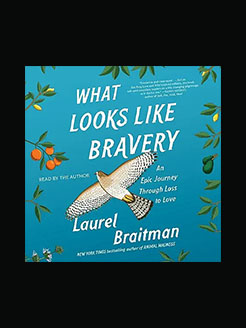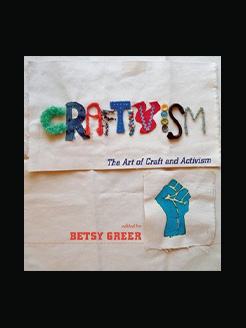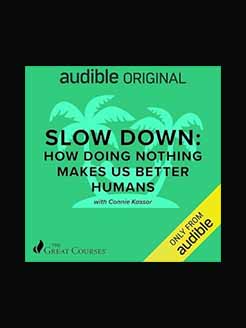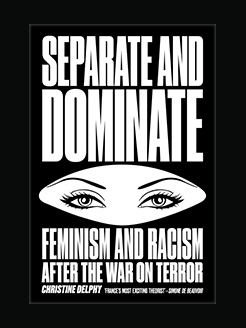Published in 2002
272 pages
Asma Barlas (born 1950), is a Pakistani-American writer and academic. Her specialties include comparative and international politics, Islam and Qur’anic hermeneutics, and women’s studies. Barlas was one of the first women to be inducted into the foreign service in 1976. Six years later, she was dismissed on the orders of General Zia ul Haq. She worked briefly as assistant editor of the opposition newspaper The Muslim before receiving political asylum in the United States in 1983. Barlas joined the politics department of Ithaca College in 1991. She was the founding director of the Center for the Study of Culture, Race, and Ethnicity for 12 years. She held Spinoza Chair in Philosophy at the University of Amsterdam in 2008.
What is this book about?
Does Islam call for the oppression of women? Non-Muslims point to the subjugation of women that occurs in many Muslim countries, especially those that claim to be “Islamic,” while many Muslims read the Qur’an in ways that seem to justify sexual oppression, inequality, and patriarchy. Taking a wholly different view, Asma Barlas develops a believer’s reading of the Qur’an that demonstrates the radically egalitarian and antipatriarchal nature of its teachings.
Beginning with a historical analysis of religious authority and knowledge, Barlas shows how Muslims came to read inequality and patriarchy into the Qur’an to justify existing religious and social structures and demonstrates that the patriarchal meanings ascribed to the Qur’an are a function of who has read it, how, and in what contexts. She goes on to reread the Qur’an’s position on a variety of issues in order to argue that its teachings do not support patriarchy. To the contrary, Barlas convincingly asserts that the Qur’an affirms the complete equality of the sexes, thereby offering an opportunity to theorize radical sexual equality from within the framework of its teachings. This new view takes readers into the heart of Islamic teachings on women, gender, and patriarchy, allowing them to understand Islam through its most sacred scripture, rather than through Muslim cultural practices or Western media stereotypes.
